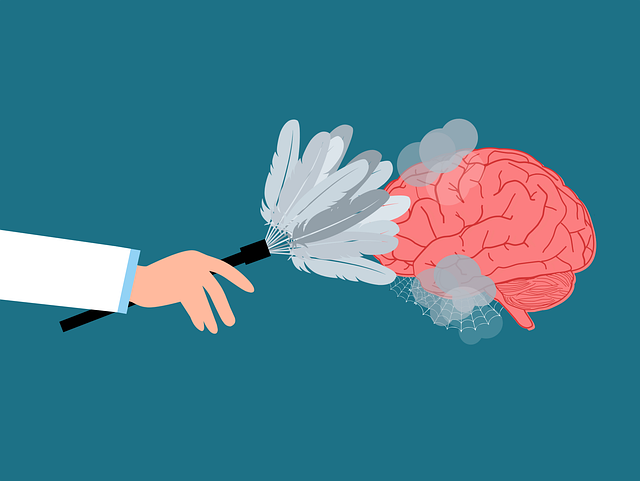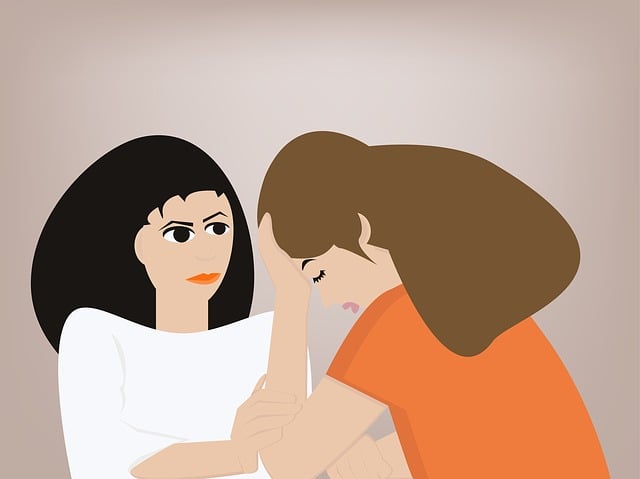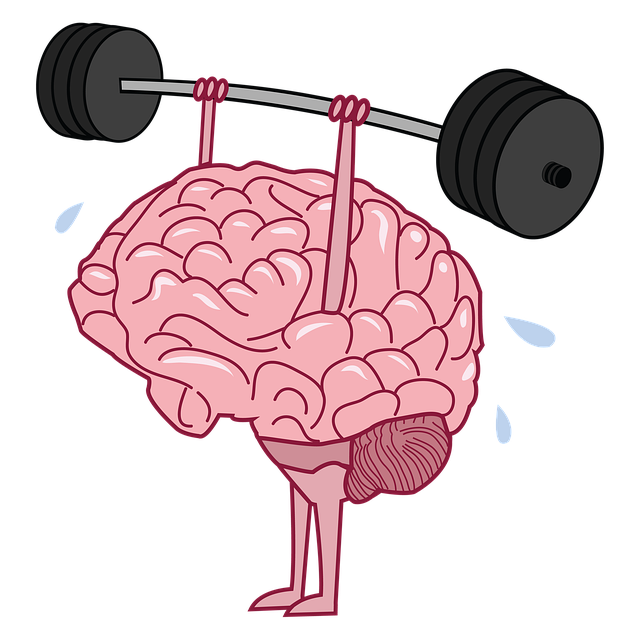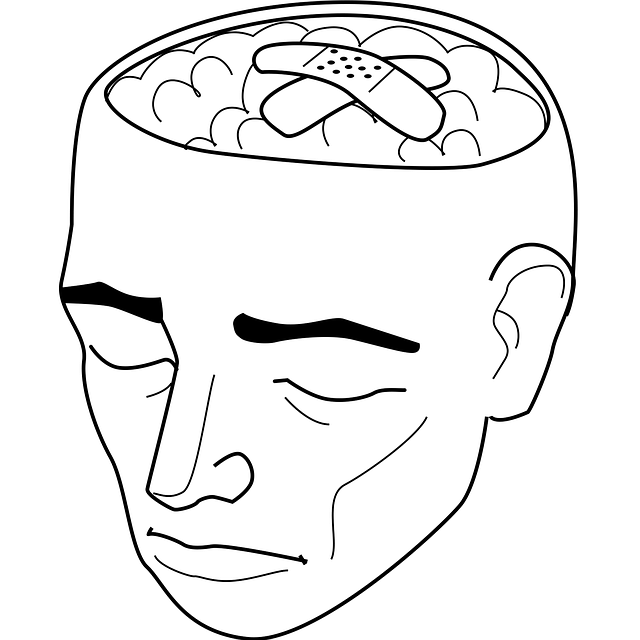Traditional therapy for bariatric evaluations often overlooks the connection between social skills and mental health, which are crucial for overall well-being. Strong social skills build resilience, improve coping mechanisms, and create support networks, reducing anxiety and stress. Difficulties in social functioning can worsen existing mental health conditions. Social Skills Training is a vital component of holistic therapy, teaching adaptive communication techniques to manage social anxiety, improve assertiveness, and foster empathy. This training, with exercises like role-playing and group discussions, empowers individuals to navigate relationships effectively, enhancing their mental well-being and supporting recovery during bariatric evaluations. Integrating social skills training into mental health care improves patient outcomes and promotes better social integration, making it a valuable tool for emotional support during challenging times.
Social skills training is a powerful tool in the realm of mental health support, especially for conditions that impact daily interactions. This article explores the intricate link between social abilities and psychological well-being, highlighting its significance in various contexts. We delve into the specific benefits for bariatric patients, offering insights into how this therapy facilitates their journey towards improved mental health. Furthermore, it uncovers essential components and integrated strategies for delivering effective social skills training, with a focus on enhancing care for individuals undergoing bariatric evaluations.
- Understanding the Link Between Social Skills and Mental Health
- Benefits of Social Skills Training for Bariatric Patients
- Key Components of Effective Social Skills Therapy
- Strategies for Integrating Social Skills Training into Mental Health Care
Understanding the Link Between Social Skills and Mental Health

The connection between social skills and mental health is a profound aspect often overlooked in traditional therapy for bariatric evaluations.
Social interactions are integral to our overall well-being, playing a significant role in shaping our mental health landscape. Individuals with strong social skills tend to exhibit higher levels of resilience building, coping mechanisms, and support networks, all of which contribute to better anxiety relief and stress management. Conversely, difficulties in social functioning can exacerbate existing mental health conditions, leading to feelings of isolation, depression, and a diminished quality of life. Mental health education programs designed with a focus on social skills training empower individuals to navigate relationships more effectively, fostering a sense of belonging and improving their overall mental resilience.
Benefits of Social Skills Training for Bariatric Patients

Social Skills Training offers numerous benefits for bariatric patients, integrating an essential component into their holistic therapy for bariatric evaluations. Beyond addressing physical health, this training empowers individuals to navigate social interactions with confidence and ease. By honing communication strategies, patients can improve their relationships, which is crucial in the context of mental health policy analysis and advocacy, fostering a supportive network that enhances recovery.
Effective social skills development involves learning adaptive communication techniques that help mitigate challenges often associated with bariatric procedures. These include managing social anxiety, improving assertiveness, and developing empathy, all of which contribute to better risk management planning for mental health professionals. Through targeted exercises, patients acquire tools to express their needs, interpret social cues, and engage in meaningful conversations, thereby enhancing their overall well-being.
Key Components of Effective Social Skills Therapy

Social Skills Training is a multifaceted approach to therapy, especially beneficial for individuals managing mental health conditions. Effective programs focus on several key components. Firstly, they foster compassion cultivation practices, encouraging empathy and understanding towards oneself and others. This promotes a sense of belonging and reduces social anxiety. Secondly, role-playing scenarios and group discussions help clients practice communication strategies in a safe environment, building confidence in their ability to engage socially.
Additionally, integrating community outreach program implementation allows individuals to apply learned skills in real-world settings. These programs often include self-care routine development for better mental health, teaching clients to manage stress and maintain balance. By combining these techniques, social skills therapy empowers participants to navigate social interactions with greater ease and confidence, ultimately improving their overall quality of life.
Strategies for Integrating Social Skills Training into Mental Health Care

Integrating social skills training into mental health care is a strategic approach that can significantly enhance patient outcomes, particularly for individuals with conditions like obesity or those undergoing bariatric evaluations. This type of training goes beyond traditional therapy by focusing on practical communication strategies and social interaction techniques. By teaching patients effective ways to engage in conversations, express their needs, and build relationships, social skills training empowers them to navigate social situations more confidently.
The process often involves role-playing scenarios that simulate real-life interactions, allowing individuals to practice new behaviors in a safe environment. This hands-on approach facilitates self-esteem improvement by providing a supportive space for mistakes and learning from them. Incorporating social skills training into the broader framework of mental health care can thereby promote better social integration, improved coping mechanisms, and overall well-being, especially during challenging times like bariatric evaluations where emotional support is crucial.
Social skills training has emerged as a valuable component of mental health care, especially for individuals with conditions like bariatric disorders. By focusing on key components such as communication, assertiveness, and social interaction, this therapy can significantly enhance the well-being of patients. Integrating these strategies into mental health evaluations and treatment plans ensures a holistic approach, addressing both the mind and social connections. This comprehensive method holds promise for improving not just mental health outcomes, but also the overall quality of life for those seeking support.











